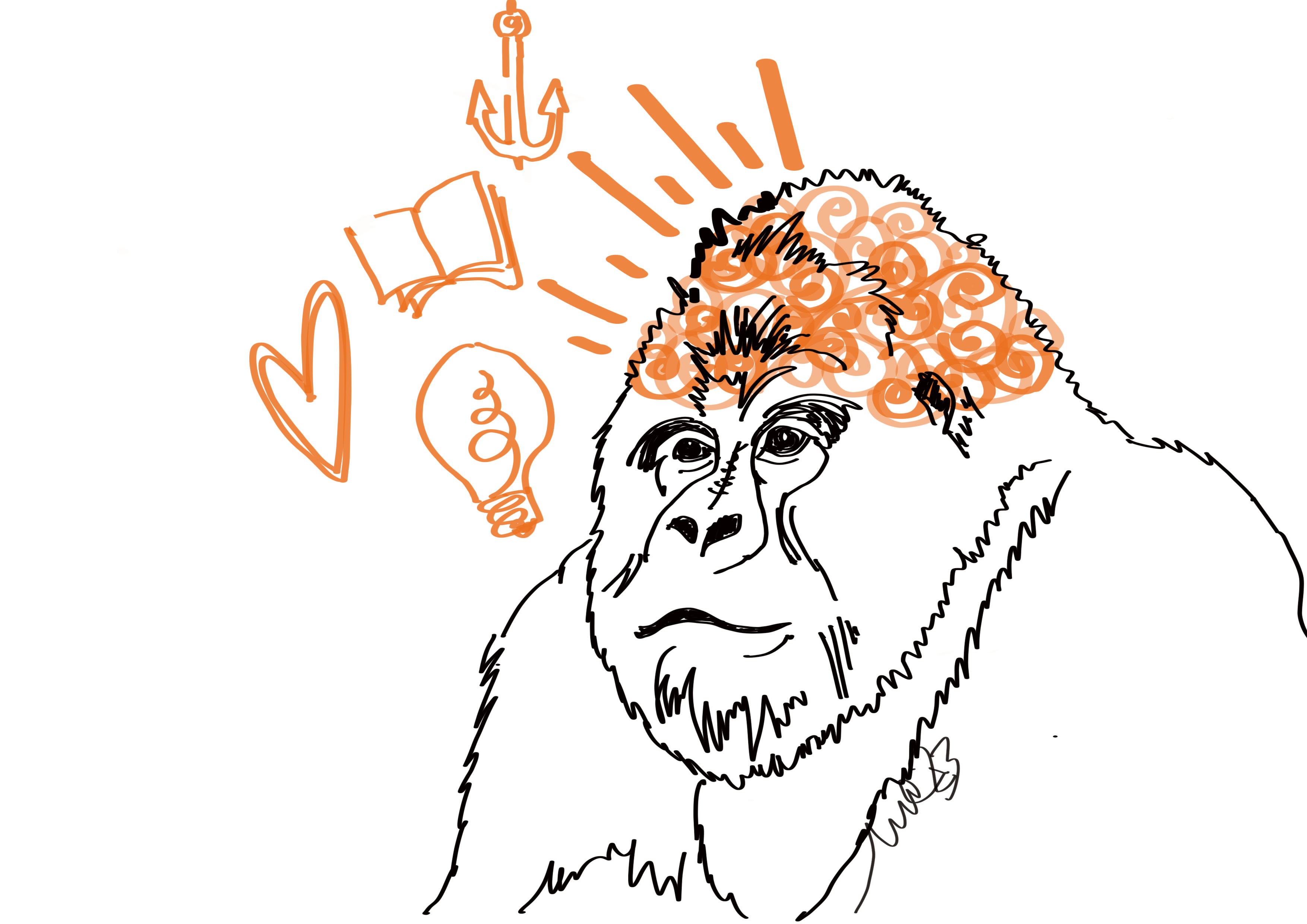|
Ever noticed how sometimes we REALLY want something that we don't need (fancy shoes, tech, new Tesla, anyone?!) we buy it, then justify the purchase to others with all these logical arguments that are effectively... made up?!
Ever noticed how we really care about the environment, then do something against our principles - and, again justify it in a million ways to keep our conscience from yelling in disdain?
Bottom line is... human beings are irrational. And emotional. Even those hardened-up CEOs who have seen it all.
We act according to some irrational logic (?!) that, to some extent, is actually predictable. I'm going to cover only a couple of principles here (but there are many more) that you can use to your advantage in your next sustainability conversation.
1. We are social animals and anchor our decisions on comparison to others
Even when it doesn't make sense to us. We constantly compare what we do and have with other people's actions and possessions - even if we don't realise it.
So, if you want to put a little "sustainability anchor" in someone's mind, show them how others have acted sustainably before, and have done it well. In business, case studies of similar businesses that have made sustainability part of their strategy work well.
2. The brain LOVES novelty and emotional arousal
Next time you deliver your pitch, use something new or unusual that catches your audience's attention RIGHT AT THE START - think about the structure of any good TED talk. Choose an entertaining and/or (even better) emotional story which can be the hook, "the door handle" to the rest of your presentation. With this double-whammy of memorability and interest, you'll be halfway through selling your ideas to others.
|

